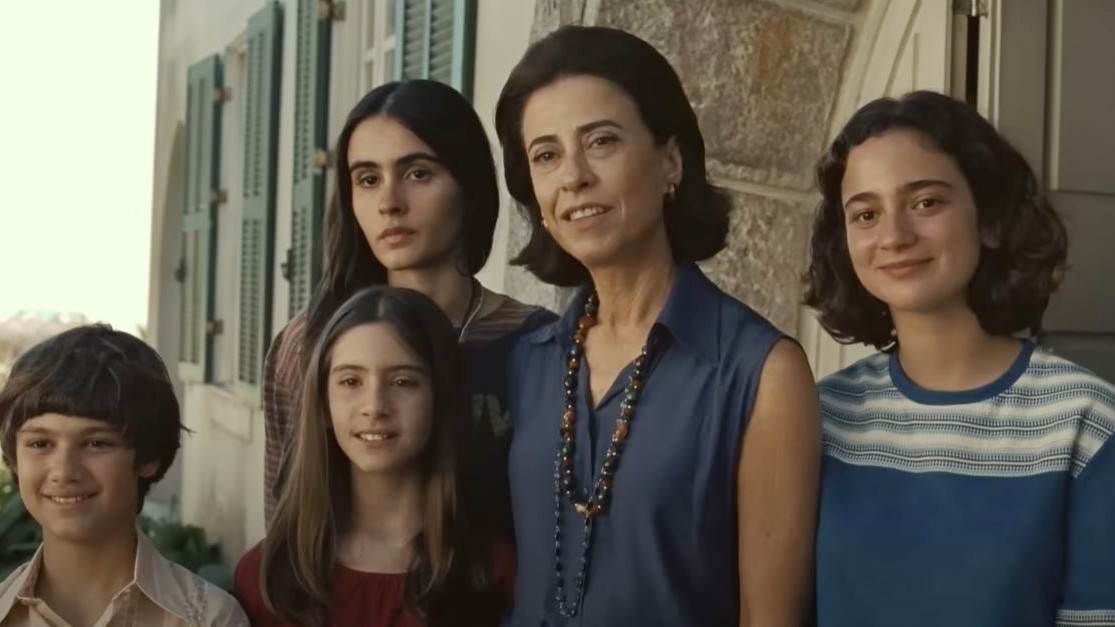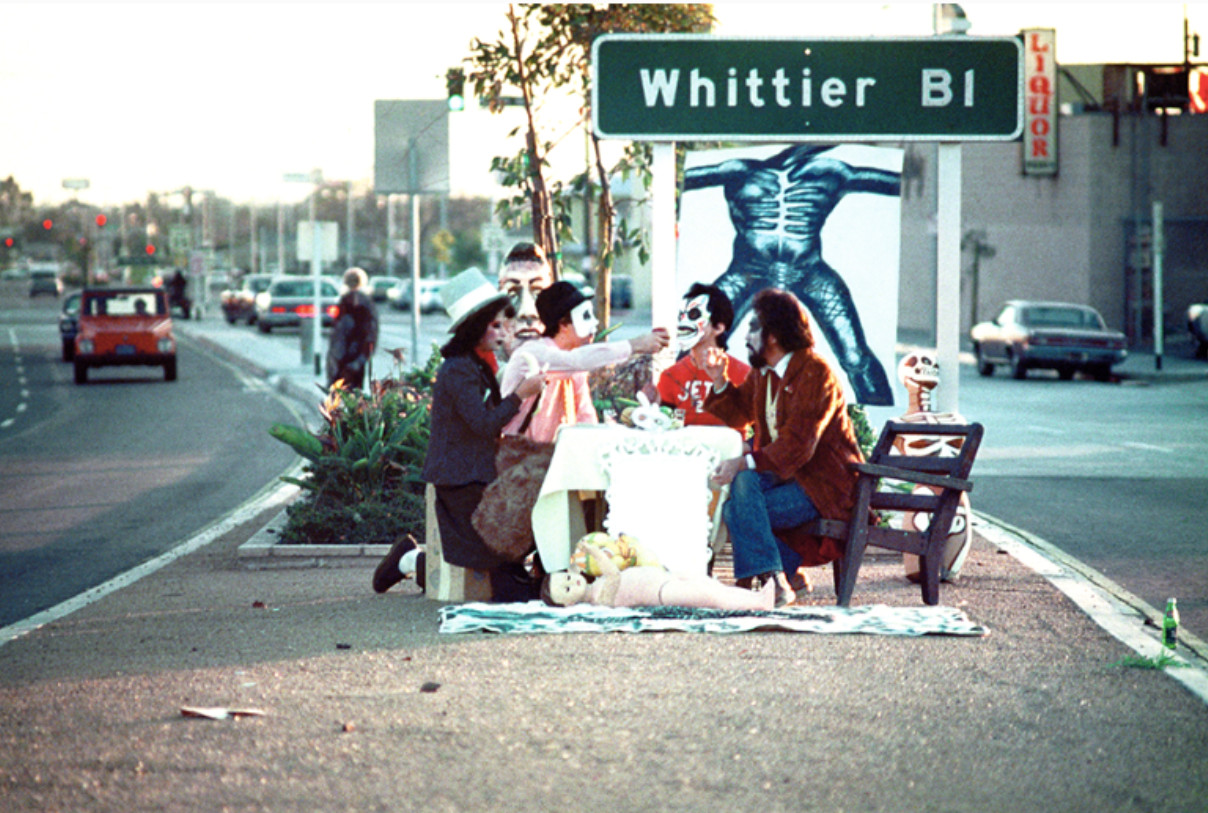Movie Review: ‘I’m Still Here’ Is a Family Drama with a Strong Political Message

Twenty-seven years after Fernanda Montenegro made Oscar history as the first Brazilian actress nominated for Best Actress with Walter Salles’ Central Station (1998), her own daughter, Fernanda Torres, is now only the second Brazilian actress to receive the same nomination, and for another Salles film, I’m Still Here (2024).
As was the case with her mother, Torres had two very buzzy nominees alongside her nomination — Mikey Madison for Sean Baker’s Anora (2024) and Demi Moore for Coralie Fargeat’s The Substance (2024). And, as we know, Madison won the Oscar.
I’m Still Here is primarily set in Rio de Janeiro between December 1970 and the summer of 1971 during the military dictatorship in Brazil. The Paivas are an upper middle-class family who live ordinary, comfortable lives with father Rubens (Selton Mello), mother Eunice (Torres), son Marcelo (Guilherme Silveira) and daughters Veroca (Valentina Herszage), Eliana (Luiza Kosovski), Nalu (Barbara Luz) and Beatriz (Cora Mora).
When Rubens, a former congressman turned construction manager, is abducted by an army affiliated group one day and fails to return home, Eunice commits to finding the truth and reason for his disappearance.
Montenegro appears in the final sequence of I’m Still Here as an elderly Eunice, and the film is based on the 2015 memoir of the same name by the real Marcelo Paiva. The historical drama is a return to form for Salles who, outside of Central Station and The Motorcycle Diaries (2004), has consistently been a bit hit-or-miss director most of his career.
While the story isn’t exactly new territory for anti-fascist messaging and the dialogue is exposition heavy in the beginning, the family dynamic, retro cinematography, and performances, especially from Torres, hold the picture together. Though Torres might seem a little strange playing a mother of children and teenagers at almost 60 years old, the casting makes sense when we reach the third act, which takes place in 1996 and 2014.
By ranging over so many years, we can see Eunice go from a happy matriarch to a desperate wife to a begrudgingly defeated woman. I’m not sure if I would give the whole feature the Best Picture nomination it received, but Torres deserves her praise, and I’m Still Here makes for a good, spiritual double feature alongside Central Station.
I’m not familiar with the real-life story, so I’m sure some of the usual liberties were taken regarding accuracy for the sake of narrative and pacing. But all the same, I’m Still Here is a fairly good political– and family — drama.
Categories
Recent Posts










